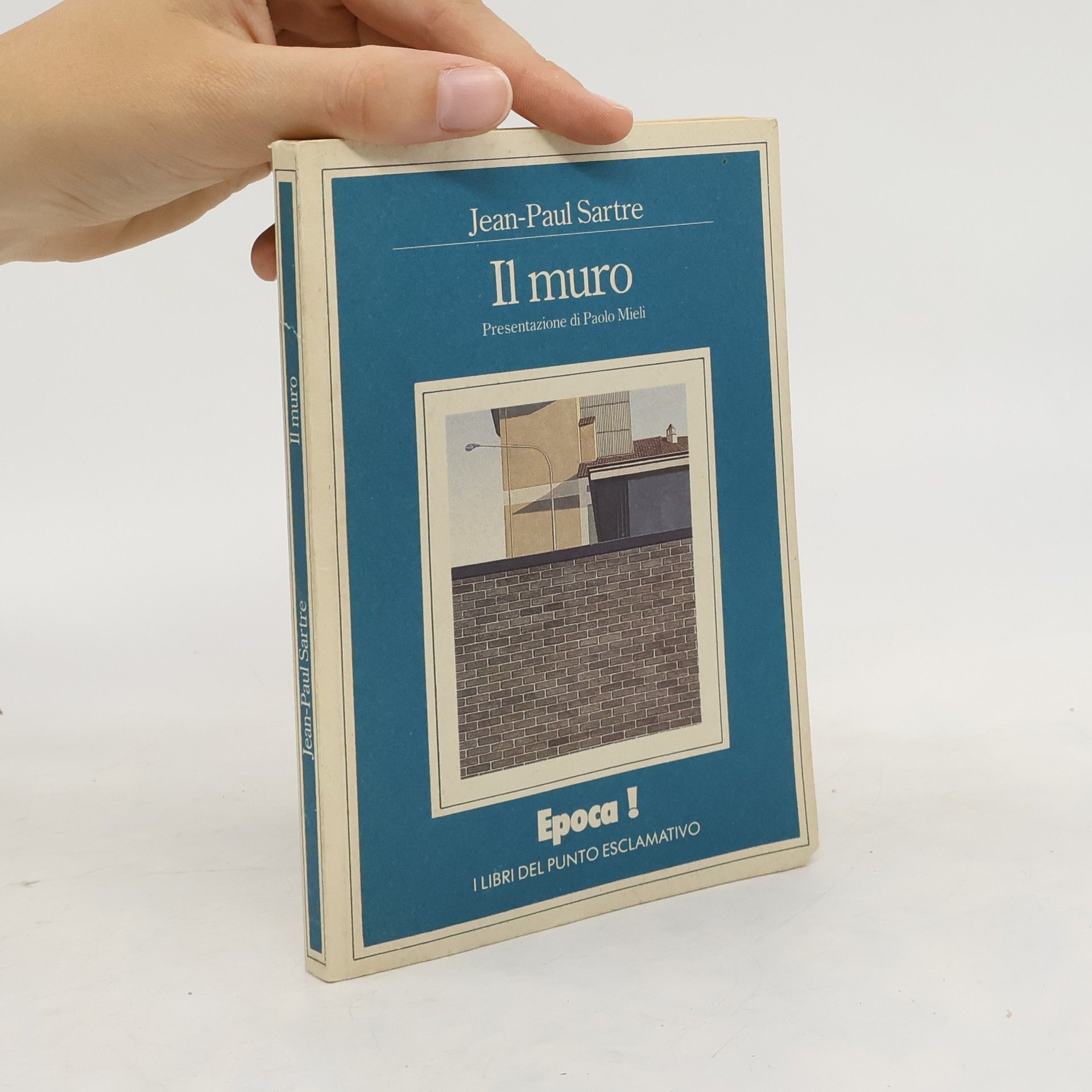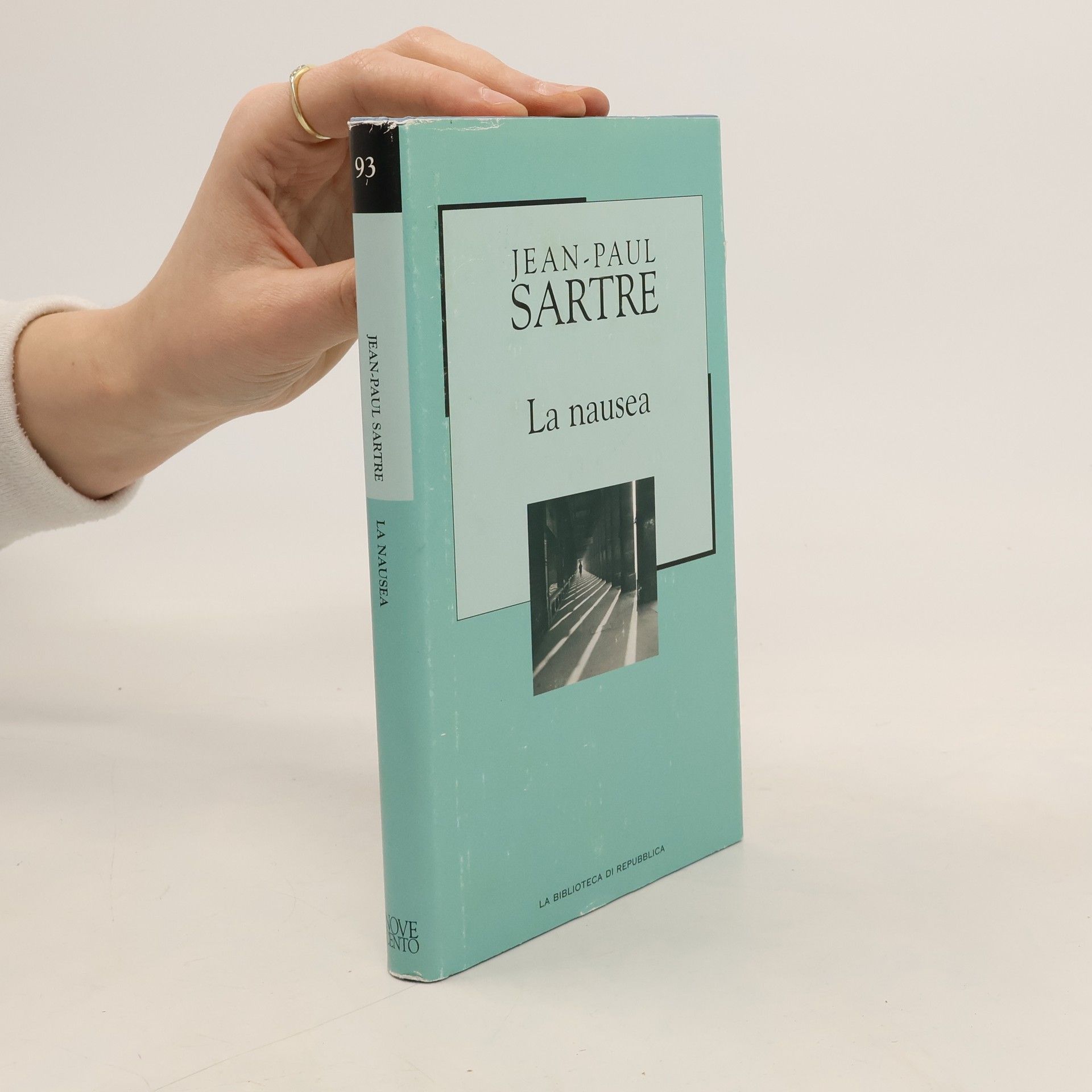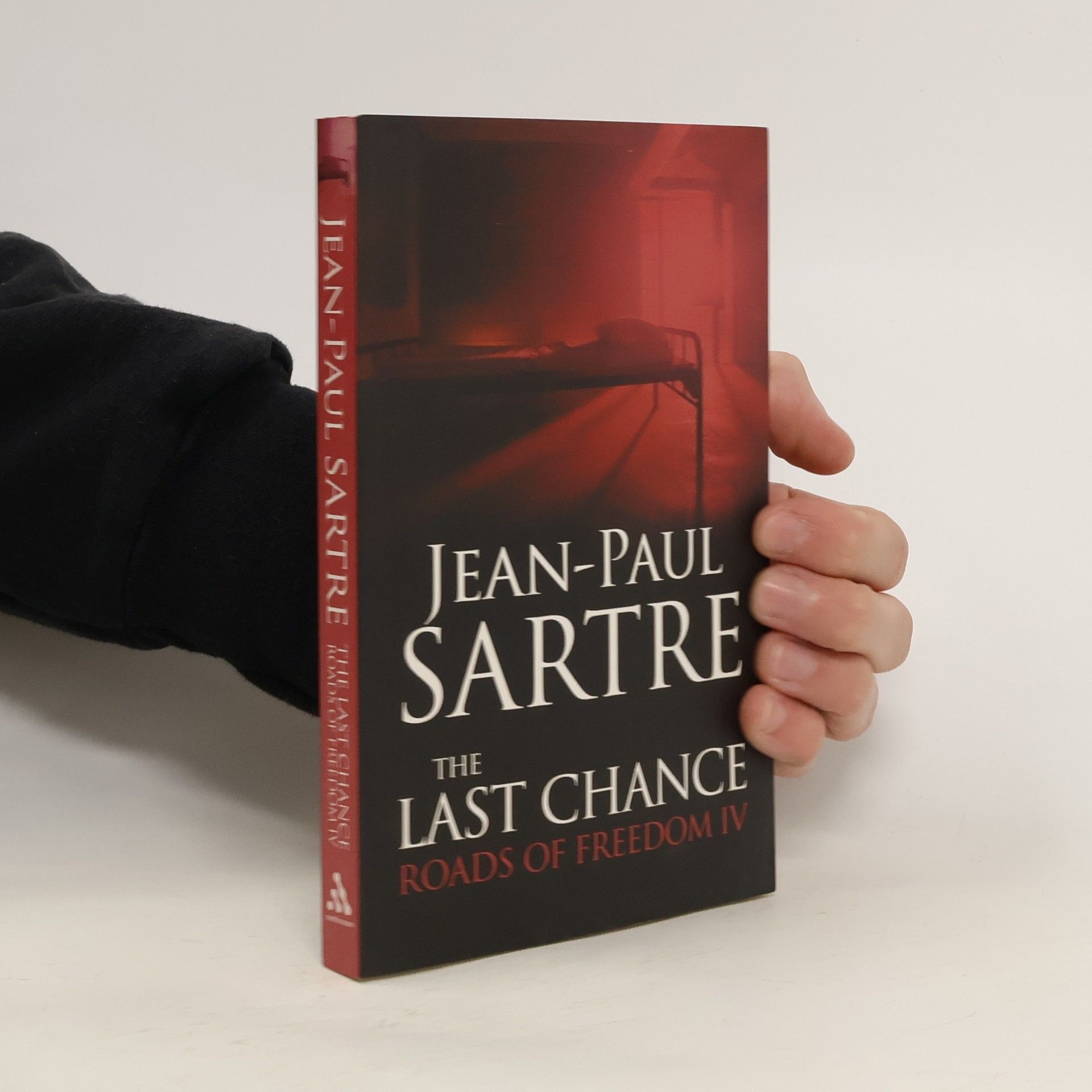"Eboli - dicono i lucani tra cui Levi fu mandato al confino dal fascismo - e l'ultimo paese di cristiani. Cristiano è uguale a uomo. Nei paesi successivi, i nostri, non si vive da cristiani, ma da animali". Dice Italo Calvino in uno dei due testi che introducono questo volume: "La peculiarità di Carlo Levi sta in questo: che egli è il testimone della presenza di un altro tempo all'interno del nostro tempo, è l'ambasciatore d'un altro mondo all'interno del nostro mondo. Possiamo definire questo mondo il mondo che vive fuori della nostra storia di fronte al mondo che vive nella storia. Naturalmente questa è una definizione esterna, è, diciamo, la situazione di partenza dell'opera di Carlo Levi: il protagonista di 'Cristo si è fermato a Eboli' è un uomo impegnato nella storia che viene a trovarsi nel cuore di un Sud stregonesco, magico, e vede che quelle che erano per lui le ragioni in gioco qui non valgono più, sono in gioco altre ragioni, altre opposizioni nello stesso tempo più complesse e più elementari".
Jean Paul Sartre Libri
Jean-Paul Sartre fu un filosofo e scrittore esistenzialista francese, figura centrale del pensiero del XX secolo. La sua opera esplora temi come la libertà, la responsabilità e la ricerca della verità, rendendolo una voce influente. Sebbene abbia rifiutato il Premio Nobel per la Letteratura, i suoi scritti hanno plasmato profondamente il panorama intellettuale della sua epoca. Sartre ha approfondito la condizione umana e le sue implicazioni attraverso saggi filosofici, drammi e romanzi, lasciando un segno significativo nella letteratura e nella filosofia.







Iniziato nel 1939 e concluso nel 1945, dopo la prigionia in Germania di Sartre, L'età della ragione è parte ideale del ciclo romanzesco Le vie della libertà in cui il filosofo francese ha tradotto narrativamente le proprie teorie sulla letteratura e idee sull'uomo contemporaneo. Il romanzo è infatti una severa rappresentazione delle vicissitudini e delle crisi di un gruppo di giovani che, nei brutali anni prebellici, scoprono la vita e si accingono a conquistare "l'età della ragione". Il loro tentativo di integrare le mistificate vicende private nel dramma storico che li circonda sarà un'esperienza dolorosa e difficile. Solo uno di loro riuscirà a conquistare il senso profondo dell'esistenza e della libertà.
La Biblioteca di Repubblica - 93: La nausea
- 238pagine
- 9 ore di lettura
Antoine Roquentin, intellettuale parigino, si trasferisce a Bouville per completare un libro di storia, ma la sua percezione della realtà inizia a mutare. Gli oggetti intorno a lui gli suscitano nausea, il lavoro lo deprime e la vita della cittadina appare squallida e insensata. Inizia a annotare i suoi stati d’animo in un diario, mentre la nausea cresce. Abbandonando le sue ricerche, sta per cedere quando scopre che ascoltare musica allevia il suo malessere. Comprende che solo creando artisticamente, in questo caso attraverso la letteratura, può giustificare la propria esistenza. Scritto nel 1938, il romanzo è considerato il manifesto dell’esistenzialismo francese, una narrazione filosofica che riflette le ricerche dell’autore su pensatori come Heidegger, Jaspers e Husserl. Racconta la nascita di una vocazione letteraria vista come ultima possibilità per trovare un senso di sé non del tutto fallimentare. La letteratura offre una forma precaria di salvezza, ma la vita reale, rappresentata come un Moloch minaccioso e oscuro, continua a incombere, rivelando un incolmabile difetto d’essere che segna il destino di ogni individuo.
Critical Essays
- 532pagine
- 19 ore di lettura
Critical Essays (Situations I) contains essays on literature and philosophy from a highly formative period of French philosopher and leading existentialist Jean-Paul Sartre’s life, the years between 1938 and 1946. This period is particularly interesting because it is before Sartre published the magnum opus that would solidify his name as a philosopher, Being and Nothingness. Instead, during this time Sartre was emerging as one of France’s most promising young novelists and playwrights - he had already published Nausea, The Age of Reason, The Flies, and No Exit. Not content, however, he was meanwhile consciously attempting to revive the form of the essay via detailed examinations of writers who were to become central to European cultural life in the immediate aftermath of World War II. -- Provided by publisher
The first English translation of Sartre's unfinished fourth volume of Roads of Freedom, exploring themes central to Sartrean existentialism.
The Freud Scenario
- 576pagine
- 21 ore di lettura
The book presents a previously lost script by Sartre, centered on the life and theories of Freud. This unrealised classic sheds light on Sartre's unique perspective on Freud's work, revealing insights into psychological and philosophical themes. Discovered posthumously, it offers readers a rare glimpse into Sartre's creative process and his engagement with one of the 20th century's most influential thinkers.
Huis Clos Sarte
- 79pagine
- 3 ore di lettura
In these four plays, Jean-Paul Sartre, the great existentialist novelist and philosopher, displays his mastery of drama. NO EXIT is an unforgettable portrayal of hell. THE FLIES is a modern reworking of the Electra-Orestes story. DIRTY HANDS is about a young intellectual torn between theory and praxis. THE RESPECTFUL PROSTITUTE is a scathing attack on American racism.-from the back cover


